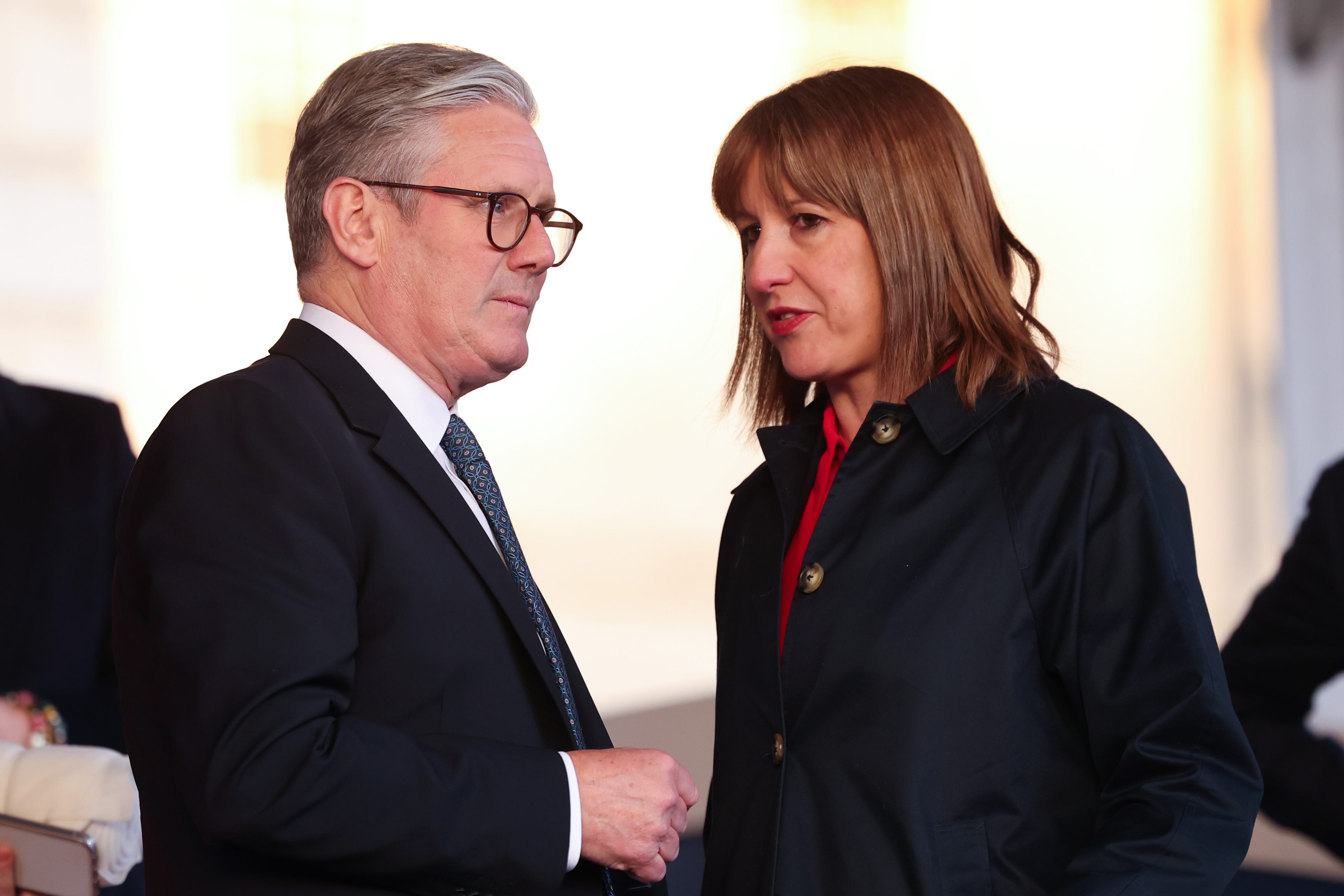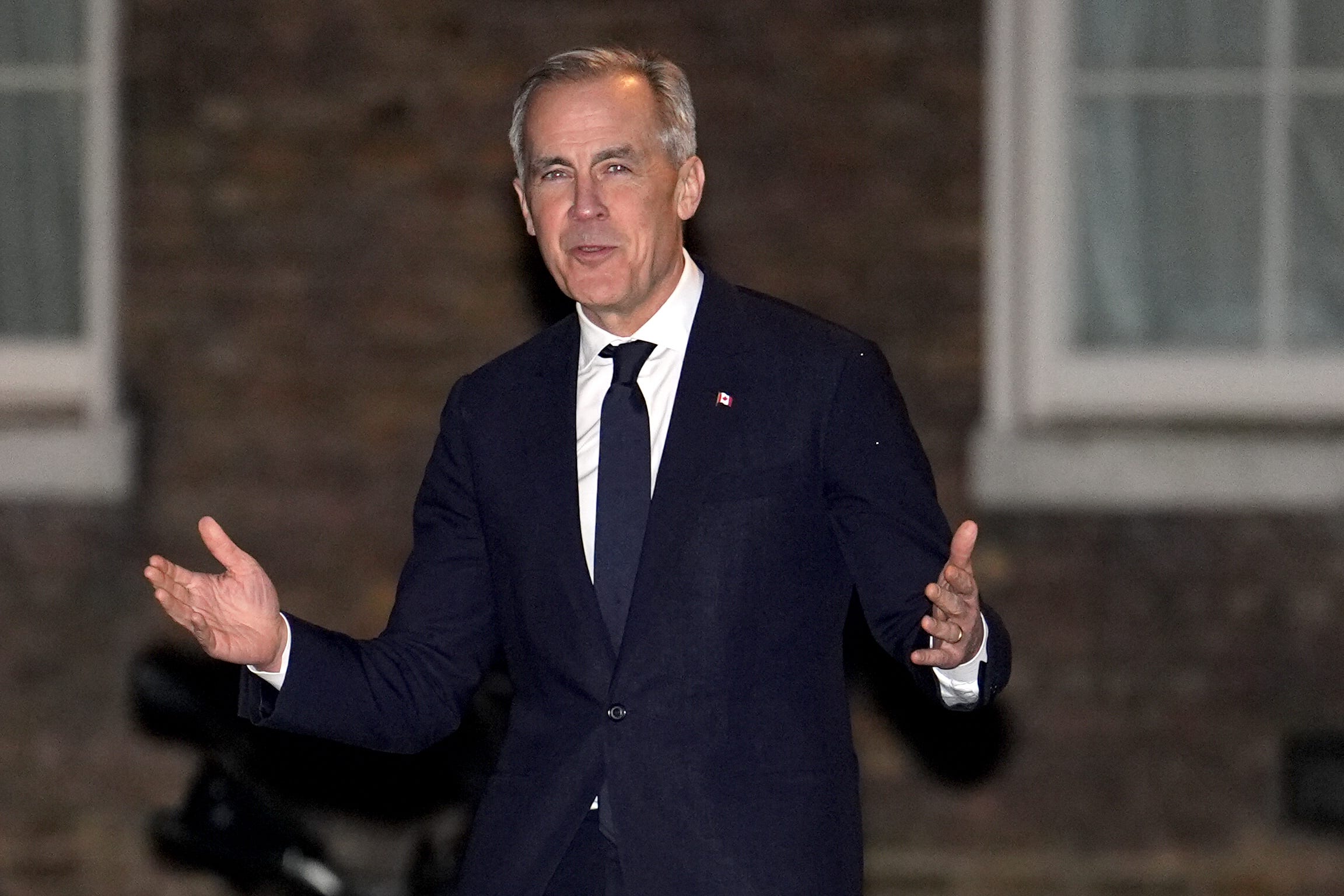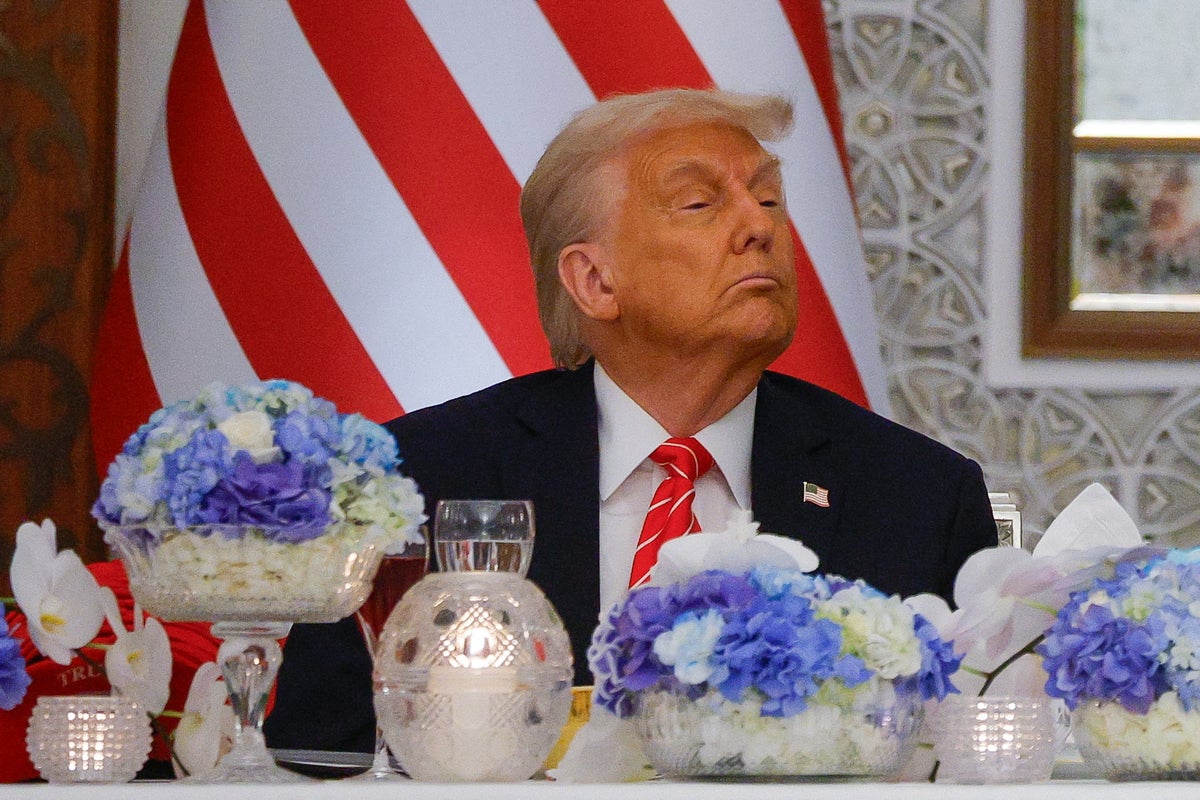ARTICLE AD BOX
Sir Keir Starmer and Rachel Reeves pounced on Thursday’s economic growth figures, claiming a win on Labour’s promise to have the fastest-growing economy in the G7.
The prime minister and chancellor acknowledged there is “more work to do”, but said the figures showed the party’s plan was working.
Economists cast doubt on the 0.7 per cent boost to Britain’s economy in the first three months of the year, saying the figures were artificially inflated by firms boosting production in a bid to dodge Donald Trump’s “Liberation Day” tariffs.

The figures also covered the period before the chancellor’s national insurance hike kicked in, with economists warning the measure will be a drag on future growth.
But Ms Reeves nonetheless said: “In the first three months of the year, the UK economy has grown faster than the US, Canada, France, Italy and Germany. Up against a backdrop of global uncertainty we are making the right choices now in the national interest.”
The Independent looks at how Britain’s economic growth compares to the rest of the G7 in the first quarter of the year.
UK: 0.7 per cent growth
Britain’s 0.7 per cent growth means it came in ahead of economists’ expectations of 0.6 per cent growth for the quarter. It was also the highest Gross Domestic Product (GDP) rate - the monetary value of goods and services bought - since the first quarter of 2024, when the economy jumped by 0.9 per cent.
The Office of National Statistics said this was because companies had ramped up production in a bid to dodge Mr Trump’s tariffs that came into effect in April.
Scott Gardner, investment strategist at JP Morgan, said: “It could be argued that growth in the first quarter was ‘made in America’ after the spectre of tariffs pre-‘Liberation Day’ encouraged some inventory stocking of UK made goods.”
Canada: 0.4 per cent growth
The US president’s tariffs are set to hit Canada’s economy hard, but it is still expected to have grown by 0.4 per cent in the first quarter of the year.

And former Bank of England governor Mark Carney, now Canadian prime minister, is expected to unveil a programme of measures to keep the economy on track.
Mr Carney is promising a slight tax cut for low earners to ease the cost of living and boost disposable incomes and follow similar measures by Labour to majorly boost housebuilding.
He is also promising a massive hike in defence spending, from 1.4 per cent to 2 per cent of Canada’s GDP. And, in a bid to shield the motor industry from Mr Trump’s tariffs, Mr Carney has promised to make trading between Canadian territories and provinces easier.
Italy: 0.3 per cent growth
Italy’s economy grew by 0.3 per cent in the first quarter of 2025, also faring better than economists had predicted.

The figure was a relief to Italian PM Giorgia Meloni, whose government has cut its own growth forecast for the year in half due to Mr Trump’s trade war.
The country’s services sector stagnated, while its industrial and agricultural sectors grew.
Germany: 0.2 per cent growth
Italy was quick to announce it had grown faster than other EU economies in the first quarter, a dig at France and Germany, whose economies have struggled.
The German economy grew by 0.2 per cent in the first three months of the year but remained 0.2 per cent smaller than the same time a year ago after a long period of recession.
It has also promised a major programme of defence investment to boost the economy, though this is likely to be offset by the uncertainty sparked by Mr Trump’s tariffs.
Fears abound that the German economy could face recession for a third consecutive year for the first time ever.
France: 0.1 per cent growth
The French economy reversed a decline seen at the end of last year, growing by 0.1 per cent in the first quarter of 2025.
It is also believed to have been buoyed by firms front loading activities to minimise the hit from Mr Trump’s tariffs.
But economists expect the French economy will likely remain stagnant for the rest of the year.
US: -0.3 per cent reduction
Mr Trump was quick to blame former president Joe Biden after the US economy shrank in the first quarter for the first time in three years.

Mr Trump lashed out at his predecessor, telling his followers on Truth Social “we have to get rid of the Biden Overhang”.
The economy shrank by 0.3 per cent, in part because of a rise in imports as companies stockpiled goods in a bid to avoid Mr Trump’s tariffs.
It was the worst quarter for the US economy since 2022, when it was grappling with the Covid-19 pandemic.
Japan: -0.1 per cent reduction expected
Japan’s economy is expected to have contracted by 0.1 per cent in the first three months of the year when it reports on Friday.
It would be the first quarterly contraction in a year as it also comes under pressure from the US president’s trade levies.








 English (US) ·
English (US) ·